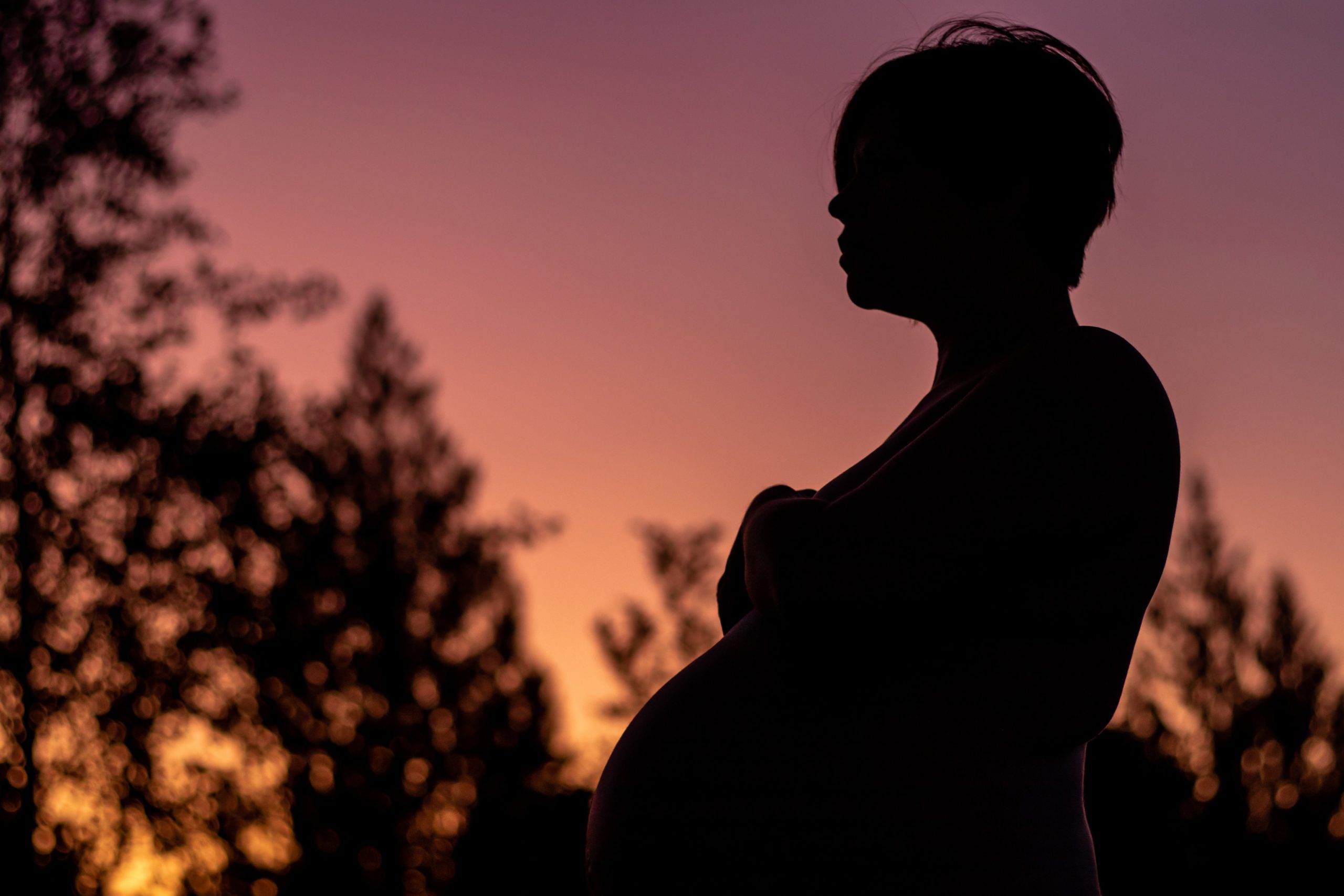
By Katherine Casey, LCSWR
Fresh off an IG Live hosted by one of my fabulous colleagues, Lisa Greaves Taylor, of Birth Matters NYC, I’m buzzing with the energy of connection and my passion for this topic. So, why not take a moment to reflect and remember the key points that have me so jazzed?
Attachment theory suggests that our effectiveness in relationships and our perspective of the world is formed by our early relationships with primary caregivers (usually mom and dad). If we don’t have a secure attachment (many of us don’t!) then we are more likely to have difficulty in future relationships and / or develop stressors that could trigger issues for physical and mental health.
Attachment styles can be broken down into three main categories: Secure, insecure, and disorganized. Ainsworth is a psychologist who’s done a lot of work in this area but completed a, now infamous, study called “The Strange Situation” where young children were left with a stranger to play in a room – those with a secure attachment were cool with it and excited to see mom upon her return. Those with insecure attachment displayed specific responses: inconsolable crying until mom returned and provided comfort (anxious), inconsolable crying and ignoring mom upon her return to provide comfort (anxious ambivalent), no acknowledgement of mom leaving or returning (anxious avoidant). Those with disorganized were a mix of the insecure types, are atypical, and tend to suggest a family history of / predisposition towards more serious mental illness.
So, why is it important to be mindful of attachment in pregnancy and the transition into parenthood?
There’s a high correlation between attachment trauma and mental health issues. Being mindful of your own experiences with relationships and how supported you feel by them will support you in accessing resources that can help you bond with your baby, secure a strong foundation in your parenting partnership, and potentially prevent development of mood symptoms in pregnancy and postpartum.
If you are concerned about attachment – be it with your baby or with another relationship – here are a few key tips:
1. Practice Mindfulness (take a walk, focus on your breathing, journal, stretch/do yoga, listen to a grounding meditation)
Develop Rituals of Connection (sing a song or read out loud to your baby, go on a date with your partner, end your day with a conversation about your “high/low point”).
2. Practice Distress Tolerance skills (COPE! Engage in activities that are calming / soothing – take a bath, exercise, distract yourself with a favorite TV show, talk to a friend).
3. ATTUNE (meet each other’s needs) – this is the building block of attachment – trust cannot be built if there isn’t a secure understanding that the other person has the ability and willingness to meet our needs; this connects back to mindfulness too – how am I showing up for this person? How am I present in our interactions?
The cool thing about attachment is that there’s always hope! There’s always an opportunity to choose to work on your style and it IS possible to change (for a lot of us we heal through our romantic partnerships).


